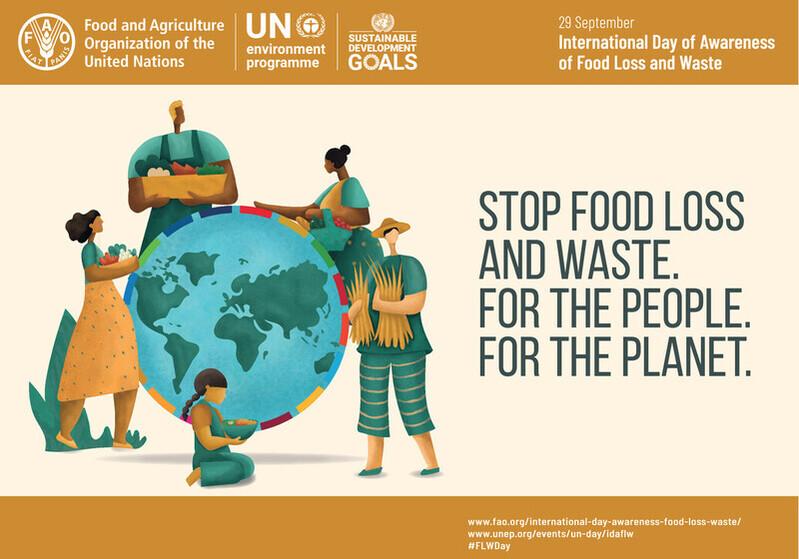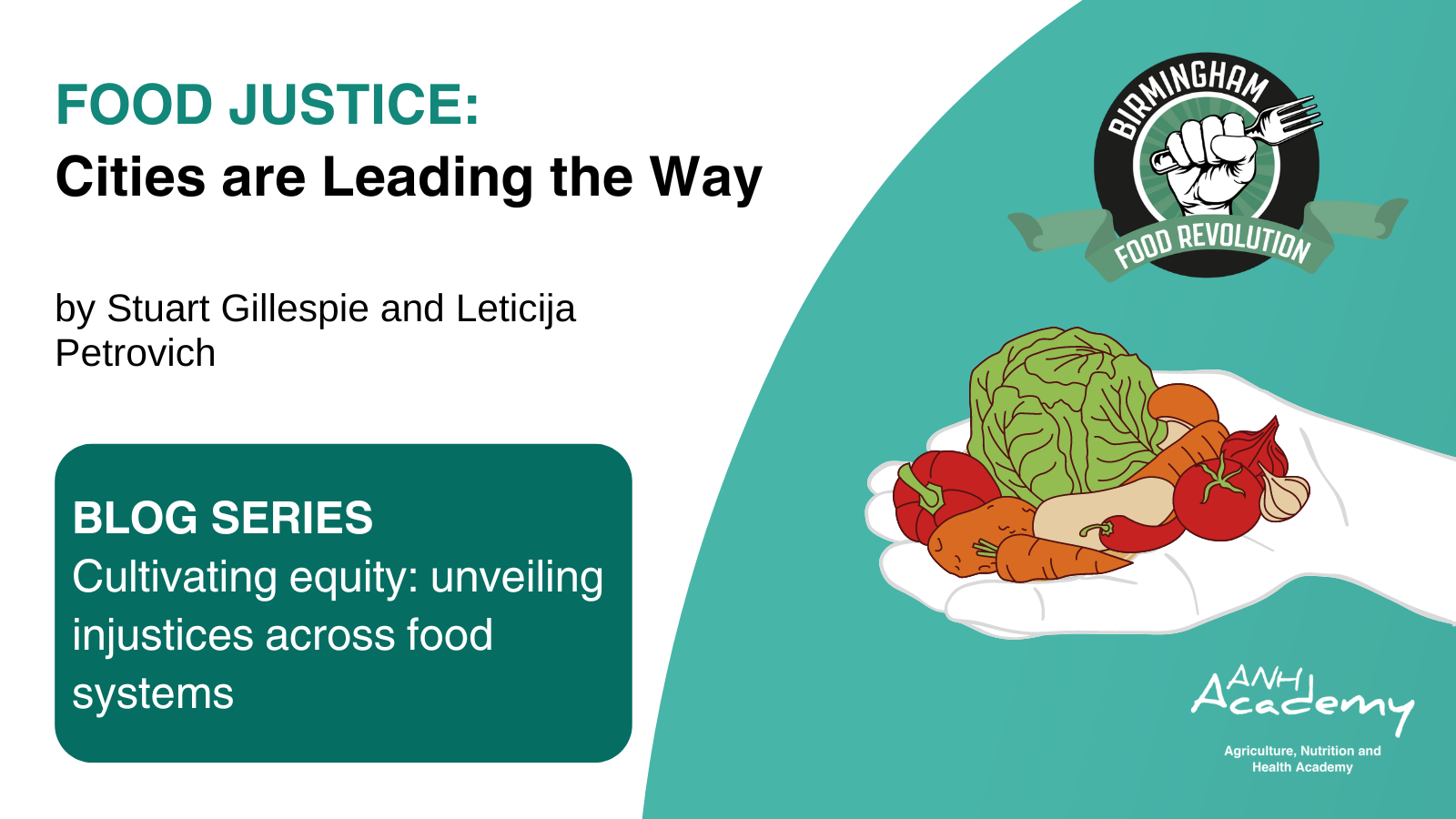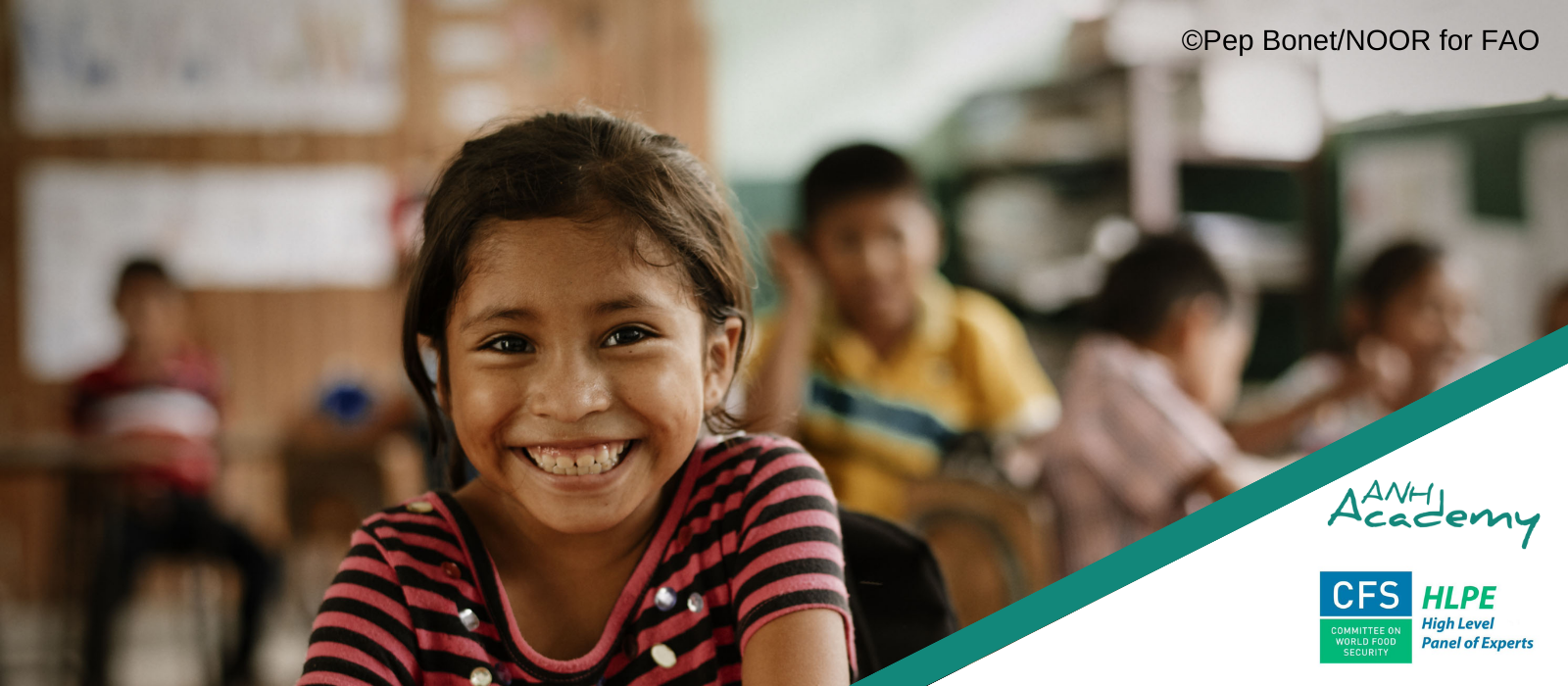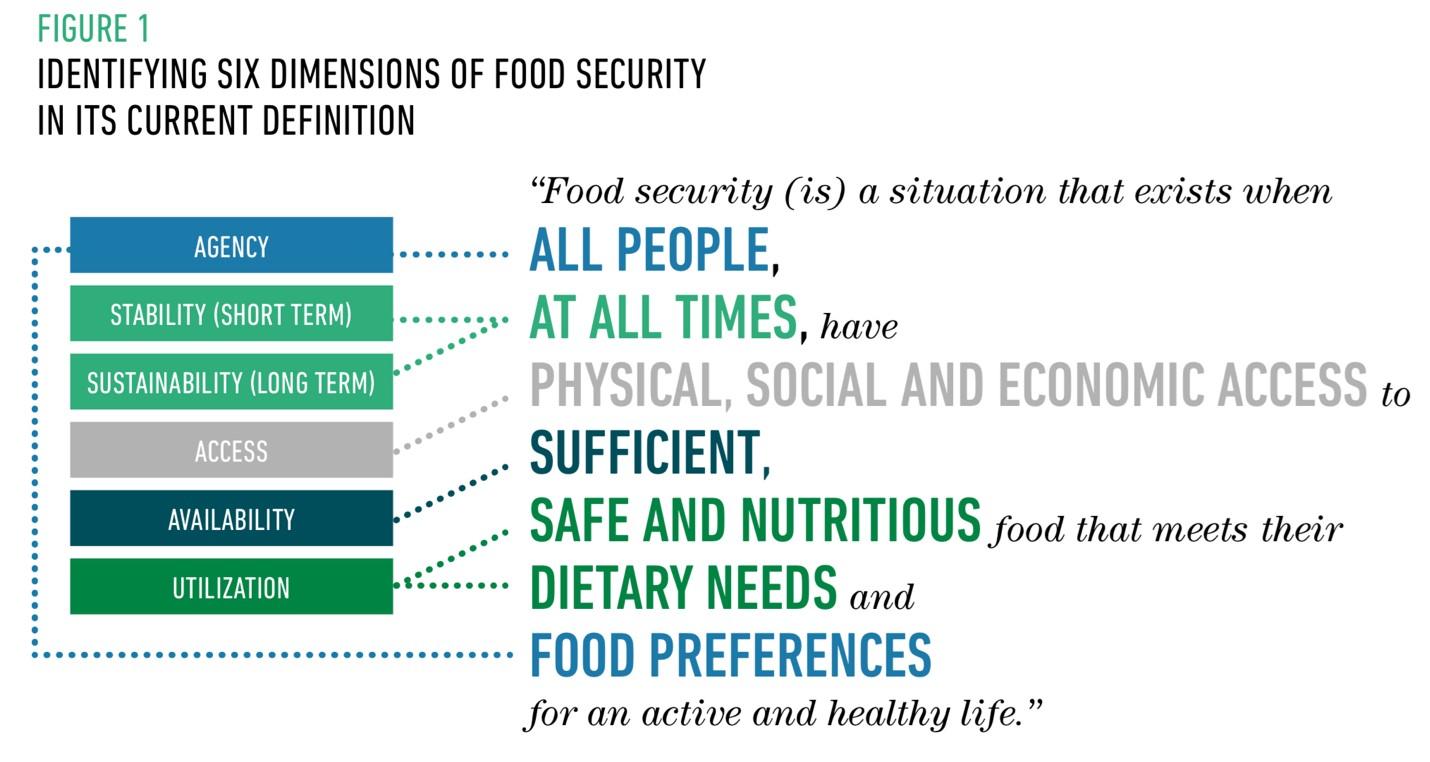
Globally, it is estimated that around 1/3 of food is lost post-harvest or wasted at the household and retail level. This loss and waste accounts for 38% of total energy use in the global food system, 28% of the world’s agricultural area, and methane emissions from landfills are one of the largest sources of GHG emissions from waste. Meanwhile, a quarter of a billion people are estimated to be acutely food insecure.
Reducing food loss and waste is vital for building more sustainable and resilient food systems and contributing to greater food security worldwide. Recognizing this issue, the UN General Assembly designated 29 September as the International Day of Awareness of Food Loss and Waste. This year’s theme is “Reducing food loss and waste: Taking Action to Transform Food Systems”.
This day is not just about raising awareness; it's about taking action. Governments, businesses, and individuals all have roles to play in addressing this global issue. As we think about ways to reduce food loss and waste, let’s take a look at some examples of what the ANH community is doing to address this topic:
Research Highlights:
IMMANA Grants NUTRI-P-LOSS & NUTRI+4AID
Led by Aurelie Bechoff, food technologist at Natural Resources Institute (NRI), the Nutritional Postharvest Loss Estimate Methodology (NUTRI-P-LOSS) was developed to estimate nutritional postharvest losses (NPHLs) throughout the value chains of key staple food crops in low and middle income countries (LMICs).
Building on this project, the Nutritional Postharvest Loss Estimate for Humanitarian Aid (NUTRI+4AID) will validate the NUTRI-P-LOSS tool in a humanitarian context. NUTRI+4AID will focus on key nutrient loss in locally procured relief food, and evaluate various disruption and crisis scenarios.
The methodology and tools developed in both projects bring reliable and critical missing food security information to practitioners, humanitarians, researchers, and policy makers to build more resilient and nutrition-sensitive food systems.
Research Project: Reducing plastic packaging and food waste through product innovation simulation
In the UK, around 41% of plastic packaging is used for food, generating 1 million tonnes of plastic waste per year. Plastic packaging of food can have implications on food safety, shelf life, and food waste.
This project, led by a team at the University of Sheffield, will bring together data on plastic packaging, insight into household behaviour around food packaging, information on fresh produce and degradation over time, and insights from supply chain processes and impacts. By documenting the trade-offs between plastic waste and food waste in detail, it will help businesses, governments, and others to better understand and reduce food and plastic packaging waste.
Research presentations from ANH2023:
Jocelyn Boiteau, Tata-Cornell Institute for Agriculture and Nutrition, Department of Global Development, Cornell University
Water footprint of food wastage in North and South India
Anjali Ganpule-Rao, Centre for Chronic Disease Control
Explore more resources!
To find more content about food loss and waste across the ANH community, just visit our global search bar and use the keywords: food loss waste. We’ve even done it for you here: https://www.anh-academy.org/search?search=food+loss+waste






